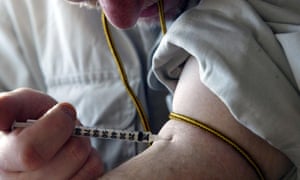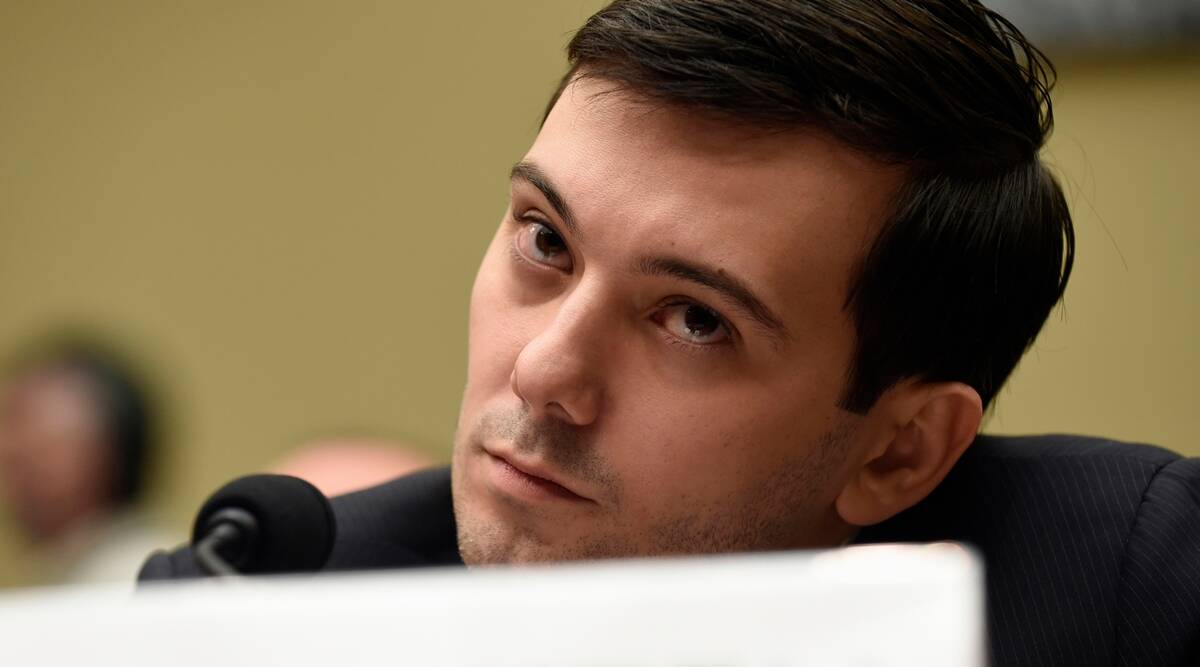
Better ways must be found to protect drug users. That can be the only humane response to the terrible news that drug deaths in Scotland have risen by 27% over the past 12 months. At 1,187, the number of fatalities is higher per capita than any other EU country, on a par with the US and three times the rate of England and Wales. Both the Scottish and UK governments should be ashamed. This is an awful toll of human suffering, with the effects of each death rippling out to families and communities.
While the figures are shocking, the story that they tell is not really new. The vast majority (86%) of those killed by drugs were heroin users, many of them members of the demographic known as the “Trainspotting generation”, which refers to people (mostly men) who began using the drug in the 1980s and 1990s. The contrast with England and Wales, where deaths from synthetic opioid fentanyl and cocaine have risen while other drug deaths have fallen, is striking. But a sharp increase in the supply and use of “street” benzodiazepines such as etizolam has been seen across the UK. These were implicated in 57% of Scottish deaths, often in combination with heroin or methadone, with poly-drug use among younger people, and the popularity of painkillers and tranquillisers developed for use as prescription medicines, a particular concern.
Over many decades the international trade in illegal drugs has proved itself highly adaptable to new technologies and markets that have made the production and sale of drugs ever-more profitable. The prohibition conceived in the 1970s as a “war on drugs” has been a disaster, with illegal drug production and consumption the cause of enormous harms in many countries, notably Mexico and Colombia. How to bring this malign international enterprise under some form of state control is one of the big questions for global policymakers.
But the search for long-term solutions must not distract from the here and now. Scottish ministers must prove that they can improve on a dismal record. This means viewing drug users through the lens of health and harm reduction, as their new drugs strategy sets out, and reserving the alternative lens of criminal justice for the dealers who exploit them. Already in some parts of England, as well as in Scotland, a new model of tolerant policing or non-enforcement is being tried. Rather than arresting people found in possession of drugs for personal use, officers divert them to treatment. Specialist addiction services, devastated by cuts in England, are in a better state in Scotland and have a vital role.
So far Westminster has refused to cooperate with demands to license a drug consumption room in Glasgow. But while this is an obvious source of frustration to those who would like to see drugs policy devolved, party politics must not become a distraction. Far better for the SNP to take the opportunity to set an example. The authoritarian, moralising attitude to drugs adopted by UK governments over many decades is not only cruel but, as last month’s multiple admissions of drug use by ministers illustrated, deeply hypocritical.
Illegal drug use is complicated. But the obligation to protect the most vulnerable users is not. For policymakers, it is step one.
[“source=theguardian”]



















